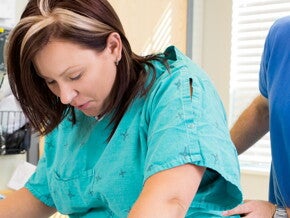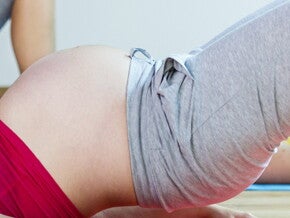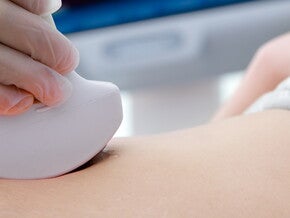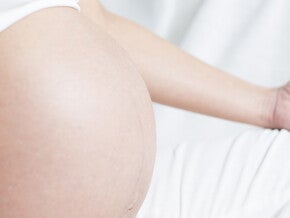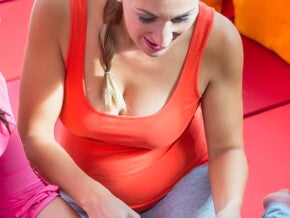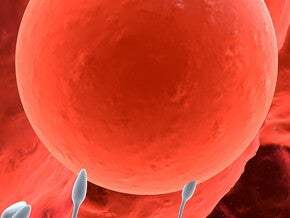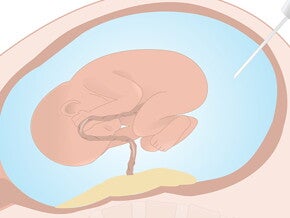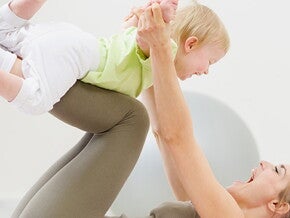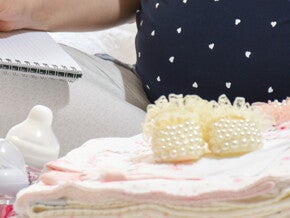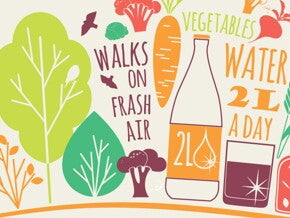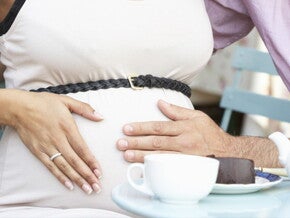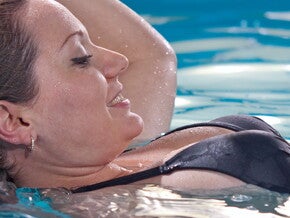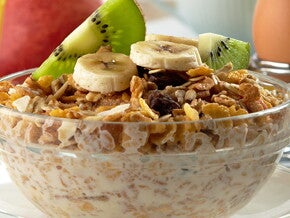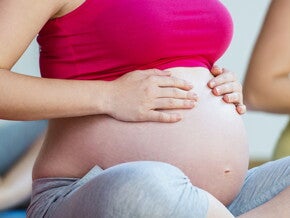
Did you know that 1 out of every 10 women in South Africa have Iron deficiency anaemia? In pregnant women this is a serious concern as Iron deficiency is associated with impaired brain development and the interaction between mom and baby is negatively affected. Maternal iron deficiency is also associated with premature birth and influences birth weight. There is even evidence to show that iron deficiency in pregnancy may lead to post-natal depression and fatigue. And we want mom to be as happy as her little one.
Women are more likely to become iron deficient due to menstruation, pregnancy which requires increased foetal and placental iron and bleeding during delivery. As women have an increased need for iron they may not always increase their intake of iron rich foods. As a mom, you may not always know what’s wrong and the best solution for that is to proactively make sure that your body is not depleted and ready to face whatever comes next, with health and confidence.
Iron is obtained in 2 forms – Haem and non-haem iron. Haem iron is primarily from animals e.g. red meat. This type of iron is also readily absorbed. Non-haem iron is derived from vegetables or plant sources and are less available for absorption. Women therefore need to make sure that especially before and during pregnancy they increase their intake of haem iron and increase the absorption of non-haem iron by ensuring they take Vitamin C rich foods with their meals.
Another way of increasing iron intake is by cooking using iron cookware. When foods are cooked in iron pans, small amounts of iron from the cookware are transferred to the food. Acidic foods such as tomato sauce increases the amount of iron transferred from the cookware to the food, and, in turn, increases the total iron content. Yep, that slow cooker is a vitamin!
If your body needs higher amounts of iron it will absorb more iron. Non-haem iron is hindered by several dietary factors. Phytic acid in whole grains and legumes, oxalic acid in green leafy vegetables bind to non-haem iron thereby preventing its absorption. High amounts of dietary fibre also bind to non-haem iron and prevents its absorption.
